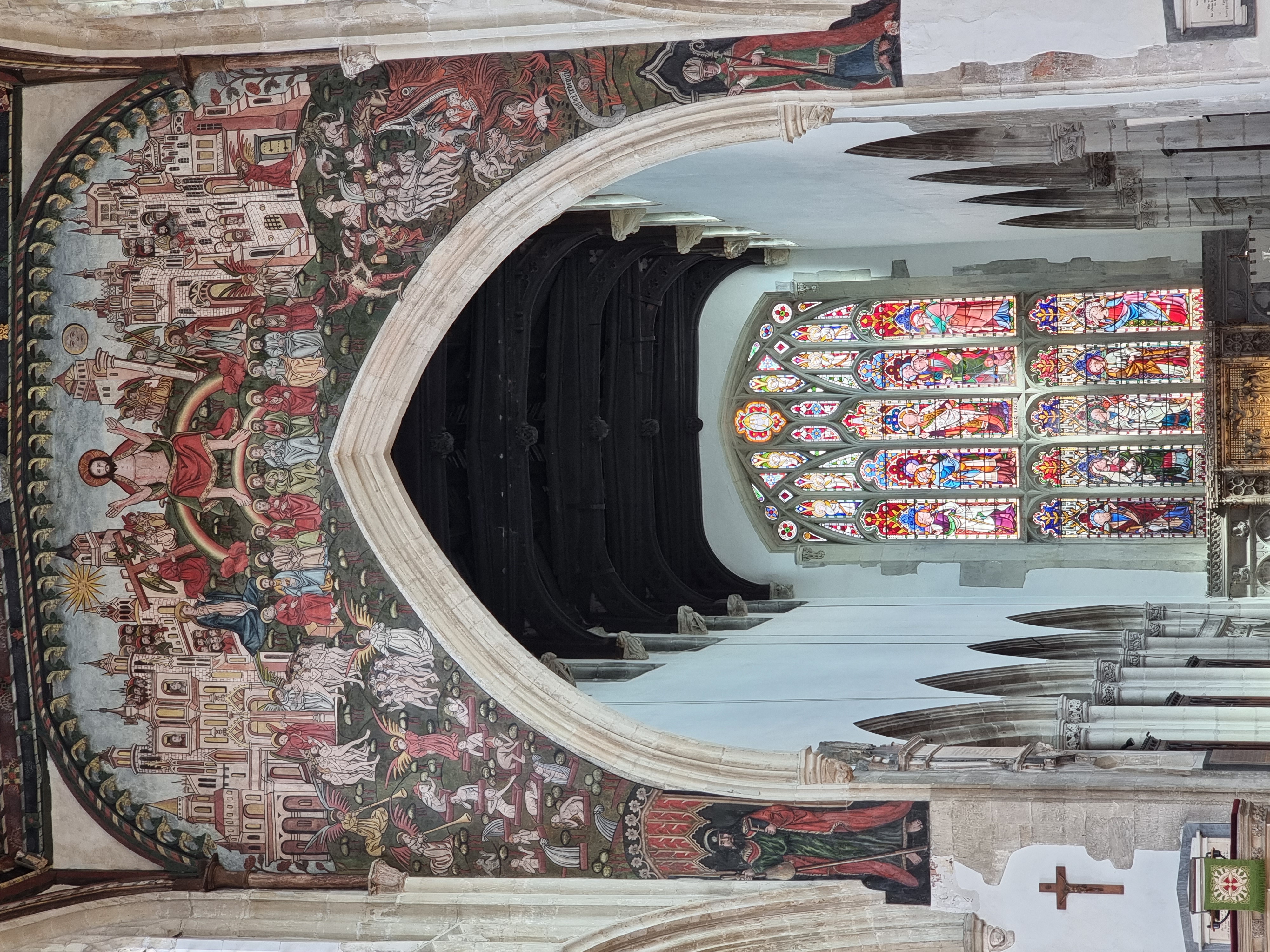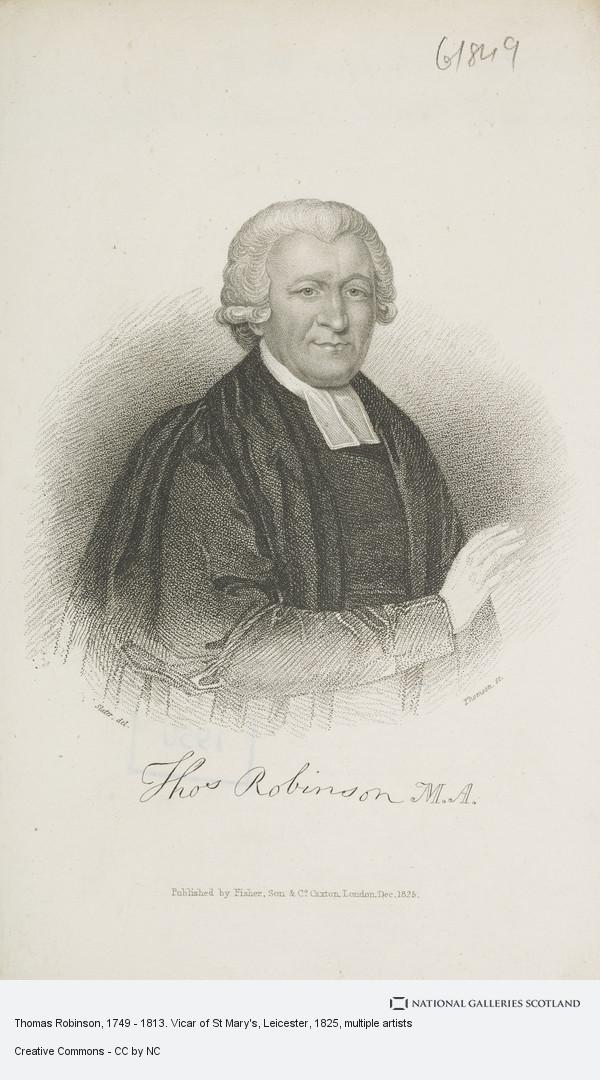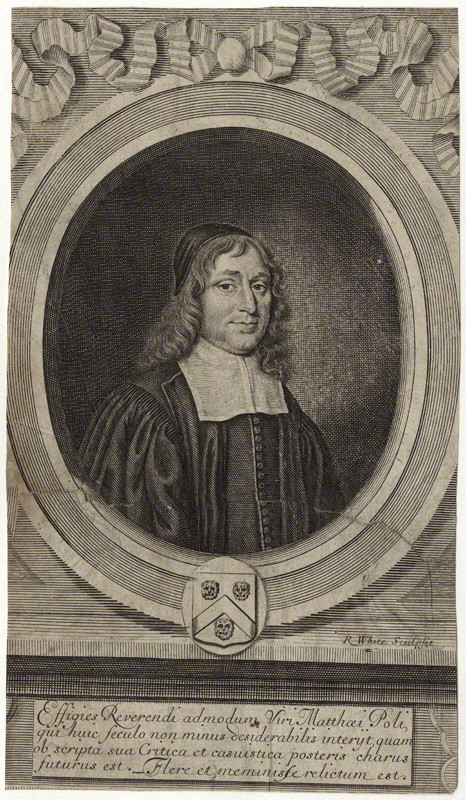|
Peter Hall (priest)
Peter Hall (1803–1849) was an English cleric and topographer. He was a prolific writer and editor, but most of his works have been considered slight. Life Born 31 December 1803, he was the third son of James Hall of St. George's, Bloomsbury, London. Aged 13 he was sent to Winchester College, where he was educated on the foundation. He went on to Brasenose College, Oxford, matriculating 15 January 1822. He graduated B.A. 1 December 1825 and M.A. 21 January 1830. In 1828 Hall was ordained and became curate of St Edmund's Church, Salisbury, where he remained until 1833. In September 1834 he was instituted to the rectory of Milston-cum-Brigmerston, Wiltshire, but had to leave because of the poor health of his wife. He was for a short time curate of St. Luke's, Chelsea, and afterwards, in May 1836, became minister of Tavistock Chapel, Drury Lane. In June 1841 he undertook the charge of Long Acre episcopal chapel, in the parish of St Martin-in-the-Fields. In 1843 he became minister o ... [...More Info...] [...Related Items...] OR: [Wikipedia] [Google] [Baidu] |
Bloomsbury
Bloomsbury is a district in the West End of London. It is considered a fashionable residential area, and is the location of numerous cultural, intellectual, and educational institutions. Bloomsbury is home of the British Museum, the largest museum in the United Kingdom, and several educational institutions, including University College London and a number of other colleges and institutes of the University of London as well as its central headquarters, the New College of the Humanities, the University of Law, the Royal Academy of Dramatic Art, the British Medical Association and many others. Bloomsbury is an intellectual and literary hub for London, as home of world-known Bloomsbury Publishing, publishers of the ''Harry Potter'' series, and namesake of the Bloomsbury Set, a group of British intellectuals which included author Virginia Woolf, biographer Lytton Strachey, and economist John Maynard Keynes. Bloomsbury began to be developed in the 17th century under the Earls of Sout ... [...More Info...] [...Related Items...] OR: [Wikipedia] [Google] [Baidu] |
William Sturges Bourne
William Sturges-Bourne PC (7 November 1769 – 1 February 1845), known as William Sturges until 1803, was a British Tory politician. He was briefly Home Secretary under George Canning in 1827. Background and education Born William Sturges, he was the only son of the Reverend John Sturges and his wife Judith (''née'' Bourne). He was educated at Winchester College and Christ Church, Oxford, and was called to the bar at Lincoln's Inn in 1793. In 1803, Sturges inherited property from his uncle Francis Bourne, requiring him to add the surname Bourne to his own. Political career At Oxford he became good friends with George Canning, who helped him become elected to parliament for Hastings in 1798. In Pitt's second government, Sturges Bourne became Secretary to the Treasury, and, after a period out of government during the Ministry of All the Talents, he became a Lord of the Treasury from 1807 to 1809, retiring along with his ally Canning from the government. Sturges Bourne left parl ... [...More Info...] [...Related Items...] OR: [Wikipedia] [Google] [Baidu] |
19th-century English Anglican Priests
The 19th (nineteenth) century began on 1 January 1801 ( MDCCCI), and ended on 31 December 1900 ( MCM). The 19th century was the ninth century of the 2nd millennium. The 19th century was characterized by vast social upheaval. Slavery was abolished in much of Europe and the Americas. The First Industrial Revolution, though it began in the late 18th century, expanding beyond its British homeland for the first time during this century, particularly remaking the economies and societies of the Low Countries, the Rhineland, Northern Italy, and the Northeastern United States. A few decades later, the Second Industrial Revolution led to ever more massive urbanization and much higher levels of productivity, profit, and prosperity, a pattern that continued into the 20th century. The Islamic gunpowder empires fell into decline and European imperialism brought much of South Asia, Southeast Asia, and almost all of Africa under colonial rule. It was also marked by the collapse of the large ... [...More Info...] [...Related Items...] OR: [Wikipedia] [Google] [Baidu] |
1849 Deaths
Events January–March * January 1 – France begins issue of the Ceres series, the nation's first postage stamps. * January 5 – Hungarian Revolution of 1848: The Austrian army, led by Alfred I, Prince of Windisch-Grätz, enters in the Hungarian capitals, Buda and Pest. The Hungarian government and parliament flee to Debrecen. * January 8 – Hungarian Revolution of 1848: Romanian armed groups massacre 600 unarmed Hungarian civilians, at Nagyenyed.Hungarian HistoryJanuary 8, 1849 And the Genocide of the Hungarians of Nagyenyed/ref> * January 13 ** Second Anglo-Sikh War – Battle of Tooele: British forces retreat from the Sikhs. ** The Colony of Vancouver Island is established. * January 21 ** General elections are held in the Papal States. ** Hungarian Revolution of 1848: Battle of Nagyszeben – The Hungarian army in Transylvania, led by Josef Bem, is defeated by the Austrians, led by Anton Puchner. * January 23 – Elizabeth Blackwell is awarded her M.D. by the Medi ... [...More Info...] [...Related Items...] OR: [Wikipedia] [Google] [Baidu] |
1803 Births
Eighteen or 18 may refer to: * 18 (number), the natural number following 17 and preceding 19 * one of the years 18 BC, AD 18, 1918, 2018 Film, television and entertainment * ''18'' (film), a 1993 Taiwanese experimental film based on the short story ''God's Dice'' * ''Eighteen'' (film), a 2005 Canadian dramatic feature film * 18 (British Board of Film Classification), a film rating in the United Kingdom, also used in Ireland by the Irish Film Classification Office * 18 (''Dragon Ball''), a character in the ''Dragon Ball'' franchise * "Eighteen", a 2006 episode of the animated television series ''12 oz. Mouse'' Music Albums * ''18'' (Moby album), 2002 * ''18'' (Nana Kitade album), 2005 * '' 18...'', 2009 debut album by G.E.M. Songs * "18" (5 Seconds of Summer song), from their 2014 eponymous debut album * "18" (One Direction song), from their 2014 studio album ''Four'' * "18", by Anarbor from their 2013 studio album '' Burnout'' * "I'm Eighteen", by Alice Cooper commonl ... [...More Info...] [...Related Items...] OR: [Wikipedia] [Google] [Baidu] |
St Thomas's Church, Salisbury
St Thomas's Church is a Church of England parish church in central Salisbury, Wiltshire, England. The church was founded in the early 13th century and rebuilt in the 15th century at the expense of the city's prosperous merchants. Above the chancel arch is a large doom painting from the late 15th century or early 16th. The building is Grade I listed. Location St Thomas's Church stands just west of the city's market place. The street leading from the north gate of the cathedral close to St Thomas's churchyard was laid out when the cathedral was built in the 13th century, and gained the name High Street in the 14th century. History and architecture The first church on the site is thought to be a small wooden chapel built 1219 by Bishop Poore as a place of worship for those working on the site of the new cathedral. This was soon replaced by a stone building, which by 1238 was dedicated to St Thomas of Canterbury. The church had its own parish by 1246. The tower, with porch be ... [...More Info...] [...Related Items...] OR: [Wikipedia] [Google] [Baidu] |
Thomas Robinson (1749–1813)
Thomas Robinson (1749–1813) was an English cleric, known for his volumes of ''Scripture Characters''. Life He was born at Wakefield, Yorkshire, on 10 September 1749, the fourth son of James Robinson, a hosier there. He was sent at an early age to the Wakefield grammar school, and entered Trinity College, Cambridge as a sizar in 1768. In April 1771 he was elected a scholar of his college, in 1772 he graduated as seventh wrangler (M.A. 1775), and in October of the same year he was made a fellow of his college. Around 1772 Robinson was ordained to the joint curacies of Witcham and Wichford in the Isle of Ely, then from 1773 to 1778 he was afternoon lecturer at All Saints', Leicester, and chaplain to the infirmary. In 1778 he was appointed to a lectureship newly founded in St. Mary's Church, Leicester. Later on in the same year he was made vicar of St. Mary's. He founded a number of charities there. Robinson died at Leicester on 24 March 1813, and was buried on the 29th in the ch ... [...More Info...] [...Related Items...] OR: [Wikipedia] [Google] [Baidu] |
Matthew Poole
Matthew Poole (1624–1679) was an English Non-conformist theologian and biblical commentator. Life to 1662 He was born at York, the son of Francis Pole, but he spelled his name Poole, and in Latin Polus; his mother was a daughter of Alderman Toppins there. He was educated at Emmanuel College, Cambridge, from 1645, under John Worthington. Having graduated B.A. at the beginning of 1649, he succeeded Anthony Tuckney, in the sequestered rectory of St Michael le Querne, then in the fifth classis of the London province, under the parliamentary system of presbyterianism. This was his only preferment. He proceeded M.A. in 1652. On 14 July 1657 he was one of eleven Cambridge graduates incorporated M.A. at Oxford on occasion of the visit of Richard Cromwell as chancellor. Poole was a ''jure divino'' presbyterian, and an authorised defender of the views on ordination of the London provincial assembly, as formulated by William Blackmore. After the Restoration of the English monarchy, i ... [...More Info...] [...Related Items...] OR: [Wikipedia] [Google] [Baidu] |
Lancelot Andrewes
Lancelot Andrewes (155525 September 1626) was an English bishop and scholar, who held high positions in the Church of England during the reigns of Elizabeth I and James I. During the latter's reign, Andrewes served successively as Bishop of Chichester, of Ely, and of Winchester and oversaw the translation of the King James Version of the Bible (or Authorized Version). In the Church of England he is commemorated on 25 September with a lesser festival. Early life, education and ordination Andrewes was born in 1555 near All Hallows, Barking, by the Tower of London, of an ancient Suffolk family later domiciled at Chichester Hall, at Rawreth in Essex; his father, Thomas, was master of Trinity House. Andrewes attended the Cooper's free school in Ratcliff in the parish of Stepney and then the Merchant Taylors' School under Richard Mulcaster. In 1571 he entered Pembroke Hall, Cambridge, and graduated with a Bachelor of Arts degree, proceeding to a Master of Arts degree in 1578. ... [...More Info...] [...Related Items...] OR: [Wikipedia] [Google] [Baidu] |
John Jewel
John Jewel (''alias'' Jewell) (24 May 1522 – 23 September 1571) of Devon, England was Bishop of Salisbury from 1559 to 1571. Life He was the youngest son of John Jewel of Bowden in the parish of Berry Narbor in Devon, by his wife Alice Bellamye, daughter of Richard Bellamye. He was educated under his uncle John Bellamy, rector of Hampton, and other private tutors until his matriculation at Merton College, Oxford, in July 1535. There he was taught by John Parkhurst, afterwards bishop of Norwich; but on 19 August 1539 he was elected scholar of Corpus Christi College, Oxford. He graduated BA in 1540 and MA in 1545, having been elected fellow of his college in 1542. He made some mark as a teacher at Oxford, and became after 1547 one of the chief disciples of Pietro Martire Vermigli, known in England as Peter Martyr. He graduated BD in 1552, and was made vicar of Sunningwell to the south of Oxford, and public orator of the university, in which capacity he had to compose a congr ... [...More Info...] [...Related Items...] OR: [Wikipedia] [Google] [Baidu] |
Thomas Harrison (minister)
Thomas Harrison (c. 1618–1682) was an English nonconformist minister. Life Harrison was born at Kingston upon Hull, East Riding of Yorkshire, the son of Robert Harrison, merchant. He matriculated as a pensioner at Sidney Sussex College, Cambridge, on 12 April 1634, aged sixteen, and graduated BA in 1638. Harrison travelled to New England by 1640, and there trained up to the ministry. He became chaplain to Sir William Berkeley, Governor of Virginia, an enemy of the puritans. The governor, with the connivance of Harrison, expelled from Virginia certain ministers who held extreme views, and their expulsion was followed by a disastrous rising among the Indians. This was held by many, Harrison included, to be a judgment of Providence against the persecutors of the expelled preachers. Thus Harrison's change of views occasioned his dismissal, and he moved to New England near his brothers, where he married Dorothy Symonds. He then came to London, and, obtaining some fame as a preach ... [...More Info...] [...Related Items...] OR: [Wikipedia] [Google] [Baidu] |
Gentleman's Magazine
''The Gentleman's Magazine'' was a monthly magazine founded in London, England, by Edward Cave in January 1731. It ran uninterrupted for almost 200 years, until 1922. It was the first to use the term ''magazine'' (from the French ''magazine'', meaning "storehouse") for a periodical. Samuel Johnson's first regular employment as a writer was with ''The Gentleman's Magazine''. History The original complete title was ''The Gentleman's Magazine: or, Trader's monthly intelligencer''. Cave's innovation was to create a monthly digest of news and commentary on any topic the educated public might be interested in, from commodity prices to Latin poetry. It carried original content from a stable of regular contributors, as well as extensive quotations and extracts from other periodicals and books. Cave, who edited ''The Gentleman's Magazine'' under the pen name "Sylvanus Urban", was the first to use the term ''magazine'' (meaning "storehouse") for a periodical. Contributions to the magazi ... [...More Info...] [...Related Items...] OR: [Wikipedia] [Google] [Baidu] |





.jpg)

